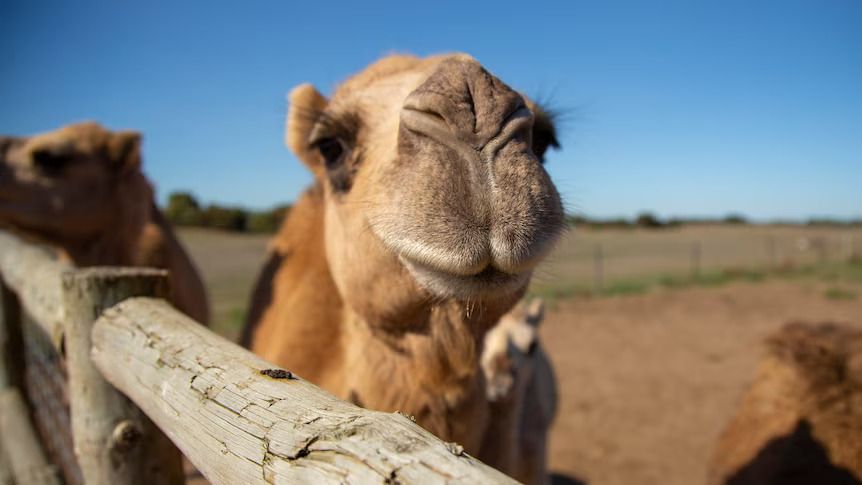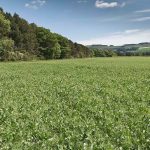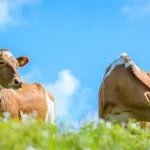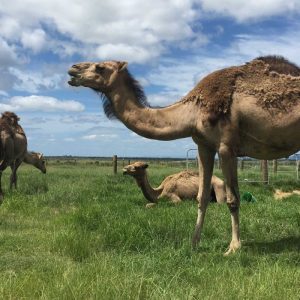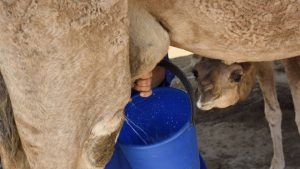
Key points:
Interest in camel milk is increasing in South Australia
Medical professionals are recommending it as a healthy alternative to cow milk
South Australia’s only camel milk producer will be doubling production next season
Tara “TJ” Hill has been running the Humpalicious Camel Milk business for the last eight years and said she had never seen demand this high.
She believes the increased interest can partially be attributed to medical professionals, who have started to take notice of the product.
“It has managed to work its way into that medical research health market,” she said.
“We have been getting phone calls from doctors and gut specialists.
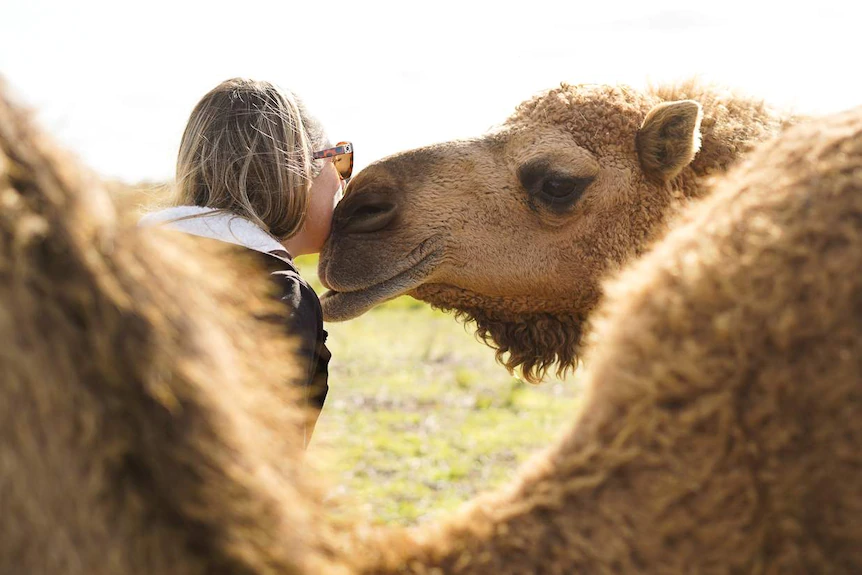
“Not only the milk but the other products such as cheeses that can be used for people with allergies to cow, goat and sheep milk.”
Dr Patricia Kaazan reached out to Humpalicious as she wanted to tell her patients to consider camel’s milk but was having a hard time finding any.
“I found some frozen forms in Adelaide, but I was trying to find it fresh,” she said.
“Eventually, I was able to find the Robe business [Humpalicious], which I have been recommending.”
Working as a gastroenterologist in Adelaide, Dr Kaazan said camel milk was similar enough to cow’s milk to give people the same overall benefits but did not contain Beta-lactoglobulin, which often caused allergies or sensitivities.
Dr Kaazan is hopeful camel milk will become more widespread in future.
“I’m really hoping that the production increases and there’ll be other options available for Adelaide and city-based people,” she said.
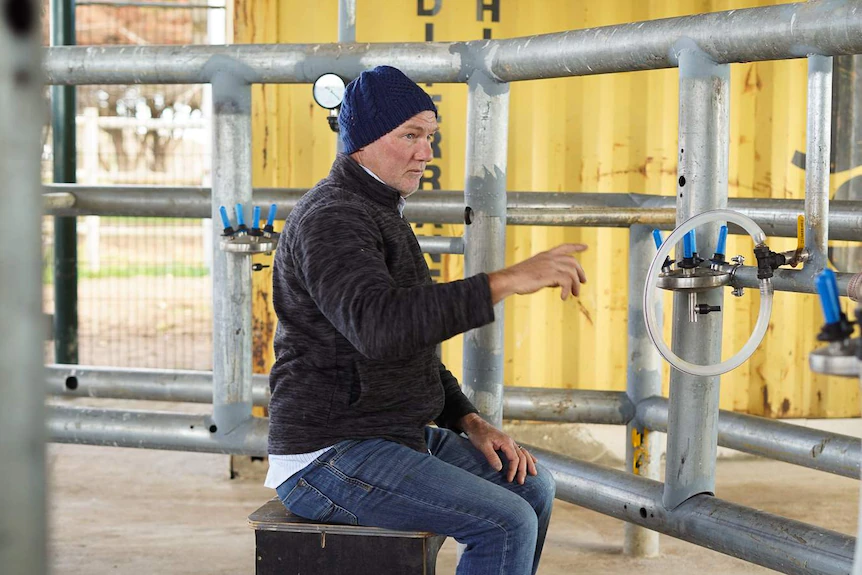
But consumers shouldn’t expect widespread camel milk lattes anytime soon.
“It will never be a high-volume milk,” Ms Hill said.
“It’s just not possible to get the volume out of a camel that you get out of a cow.”
“So although we do serve camel milk lattes here on the farm, it will never saturate the market because you just can’t get the volume.”
Camels only produce around four litres per day compared to 50 from a dairy cow.
While the business will be attempting to double its production, once it reaches that target, Ms Hill said that would be about maximum capacity.
“We never had an interest in being a massive-scale dairy,” she said.
“We always wanted to stay small enough so that we have complete control over all of our animals and also the quality of the milk.”
